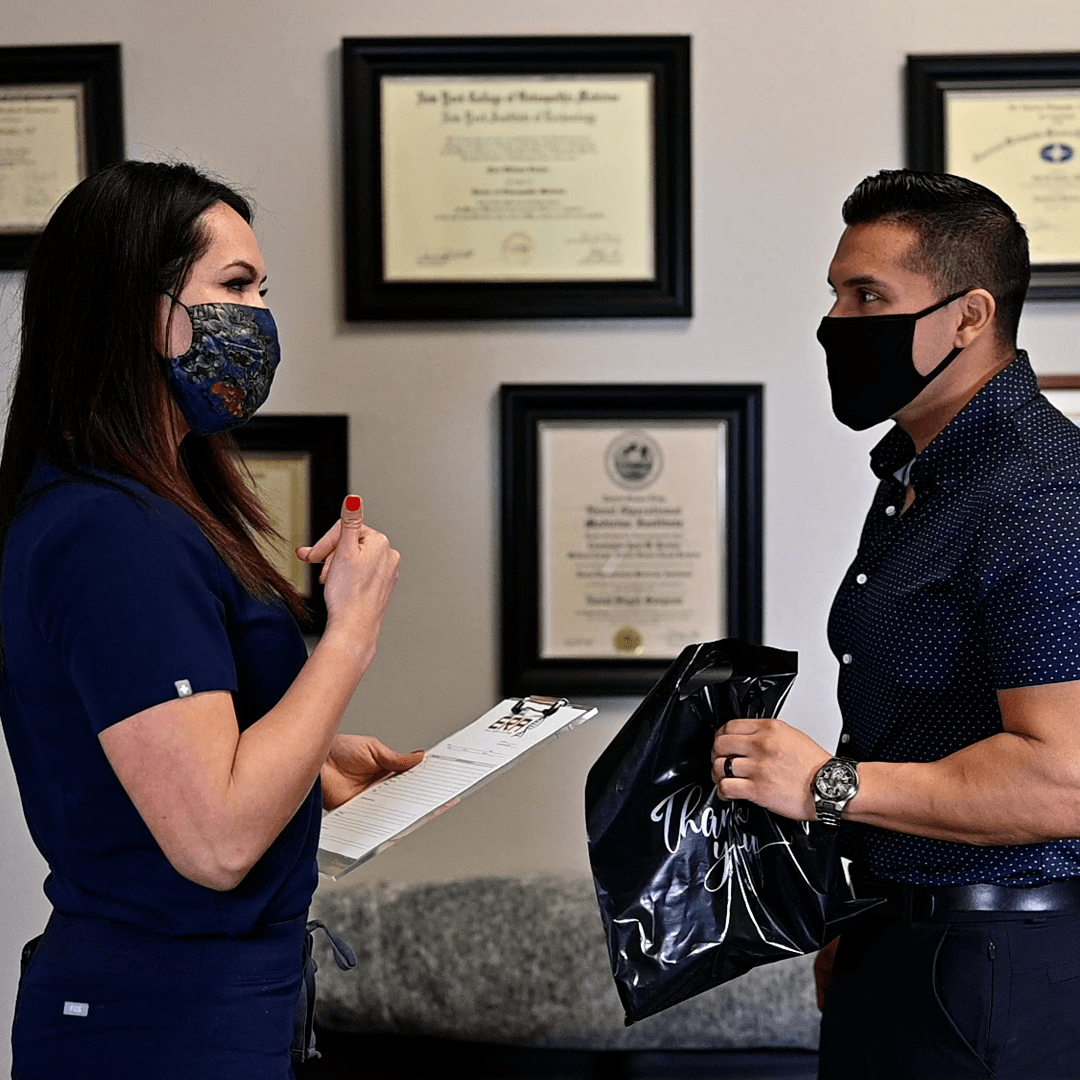Vitamin D
Vitamin D

What does vitamin D actually do in our bodies?
Vitamin D is a vitamin that your body needs to build and maintain healthy bones. Without vitamin D in our system, we CAN’T absorb vitamin C, a primary component of healthy bones. It’s anti-inflammatory, anti-oxidant and neuroprotective properties support immune health muscle function and brain activity. It may even help prevent some cancers but more studies are needed to prove this.
What are symptoms of low vitamin D?
Some of the symptoms of low vitamin D are fatigue, bone pain, muscle aches, muscle cramps, depression, rickets (results in weak or soft bones). If you have a vitamin D deficiency the parathyroid glands will ‘borrow’ calcium from the skeleton in order to keep the blood calcium in the normal range. The amount of vitamin D your skin makes depends on many factors, including the time of day, season, latitude and your skin pigmentation. Fair skinned individuals and those that are younger convert far better than those who are dark skinned or over 50 yrs old. Depending on where you live and your lifestyle, vitamin D production might decrease or be completely absent during the winter months. Sunscreen, while important to prevent skin cancer, also can decrease vitamin D production.
What are some natural sources of D?
Natural vitamin D is not found in many foods except fatty fish such as salmon, mackerel and sardines. You can also get vitamin D from DIRECT sunlight but see above regarding absorption.
What are side effects of high vitamin D?
High vitamin D levels are rare and typically result from taking too much supplementation. High Vitamin D levels can result in high calcium levels that will cause nausea, vomiting and frequent urination. Other symptoms are weakness, high blood pressure, kidney injury and kidney stones.
Medications that can affect vitamin D absorption:
Anticonvulsants Lipitor Dovonex/sorilux
Prevalite Cytochrome P-450 3A4 (CYP3A4) substrates






